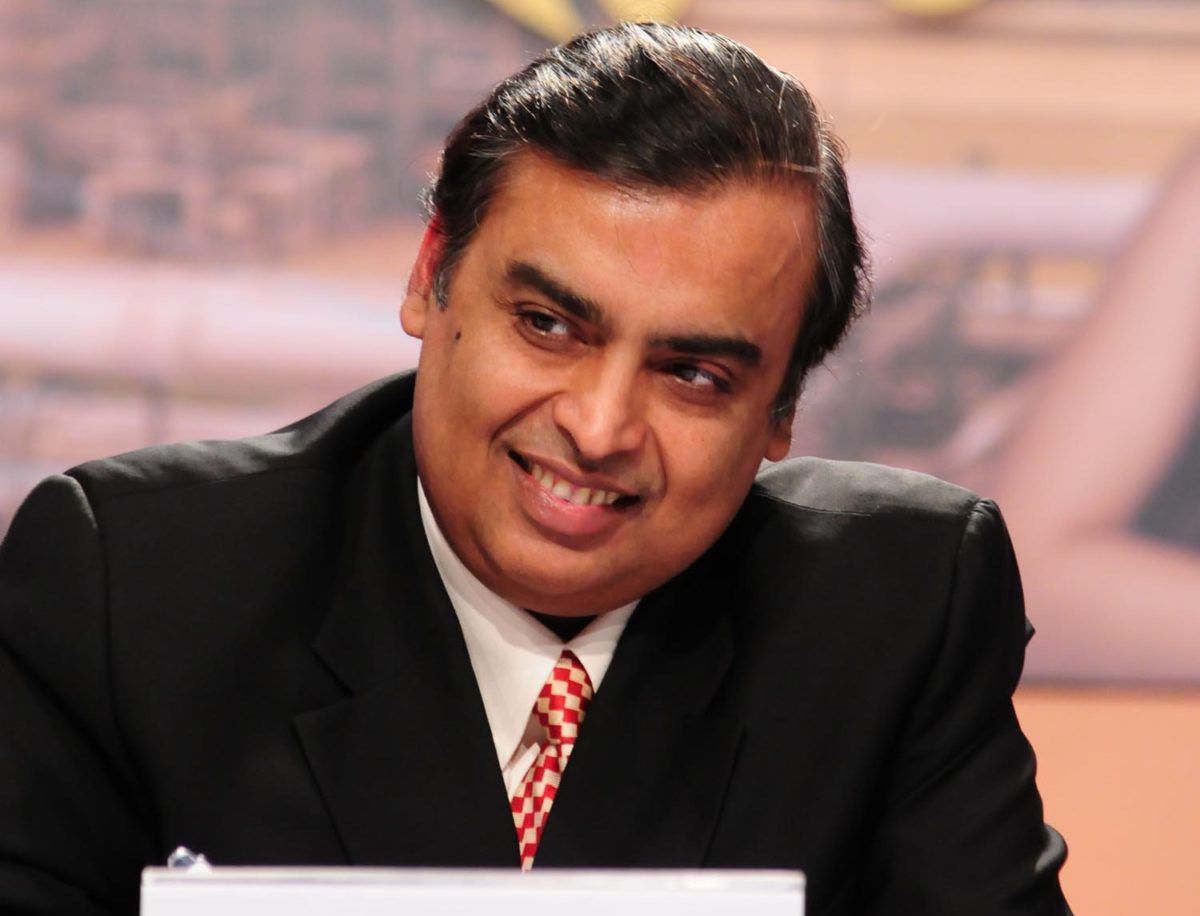From pv magazine International
India headquartered multinational Reliance Industries has continued its shopping spree in the renewable energy sector signing a binding agreement to acquire a 100% shareholding in UK-based sodium-ion specialist Faradion to the tune of GBP100 million (US$135 million).
The Indian conglomerate’s solar unit will acquire 88.92% of the equity shares of Faradion for GBP83.97 million at closing which is expected in early January. The remaining 11.08% of the equity shares will be acquired for up to GBP10.45 million within three years from the initial transaction.
Under the agreement, Reliance Industries will subscribe to new equity shares of Faradion for a value of GBP31.59 million, of which GBP25 million will be invested as growth capital to accelerate commercial roll out of Faradion’s patented battery technology.
Patented tech
Based out of Sheffield and Oxford, England, Faradion claims to have developed a sodium-ion technology that is more sustainable and affordable than other battery solutions on the market. Its technology is applicable in various fields, such as transportation, storage, backup power, and energy in remote locations. Set up in 2010, Faradion says it has developed an extensive IP portfolio to cover numerous aspects of Na-ion technology, focusing on three key areas- cell materials, cell infrastructure and safety and transportation.
Last year, shortly after it bagged its first order from ICM Australia, Faradion told pv magazine it was planning, along with its partner in India, to set up an initial production capacity of 1GWh in the country. Speaking about the country-specific advantages, Faradion CEO James Quinn said at the time that a vast majority of the raw materials are available in India for a vertically integrated supply chain.
Further, he said that Faradion’s Na-ion cells can be made on existing commercial Li-ion manufacturing lines. The operating temperature range is -30 to +60 degrees. “Our cell chemistry provides world-leading cell-specific energy of 150-160 Wh/kg for sodium-ion,” Quinn told pv magazine.
Giga complex
Reliance plans to use Faradion’s technology at its proposed fully integrated energy storage giga-factory as part of the Dhirubhai Ambani Green Energy Giga Complex at Jamnagar, western India. The complex is part of Reliance’s ambitious $10 billion plan first unveiled in June to manufacture and fully integrate all the critical components of the renewable energy ecosystem, including every stage of the solar supply chain, advanced energy storage, hydrogen production, and fuel cells.
Only this year, the conglomerate, which is covering everything from textiles and polyester fibers to petrochemicals and petroleum refining, as well as upstream oil and gas exploration and production, has made massive progress on its big plans via a series of acquisitions in the renewable energy sector.
Through its solar arm, Reliance is acquiring a 100% stake in Norway-headquartered PV module manufacturer REC Group. It plans to use REC’s technology and manufacturing expertise in its fully integrated, metallic silicon-to-PV panel gigafactory. It will initially start with 4GW of capacity per year and will eventually grow to 10GW.
Furthermore, Reliance will acquire a 40% stake in Indian multinational Sterling and Wilson Solar Ltd (SWSL), one of the largest PV plant engineering, procurement, construction (EPC), and operation and maintenance solution providers globally. Going upstream, it is investing $29 million in German wafer manufacturer NexWafe. For green hydrogen, Reliance Industries has partnered with Denmark-based Stiesdal for the technology development and production of Stiesdal HydroGen electrolyzers in India.
On the battery storage front, the company has invested $50 million in Ambri, a US-based calcium-antimony liquid metal battery startup incubated at the Massachusetts Institute of Technology (MIT), raising 42.3 million shares.
Commenting on the acquisition of Faradion, Mukesh Ambani, chairman of Reliance Industries, highlighted the versatility of the company’s technology. “Most importantly, it utilizes sodium, which will secure India’s energy storage requirements for its large renewable energy and fast-growing EV charging market,” he said.
This content is protected by copyright and may not be reused. If you want to cooperate with us and would like to reuse some of our content, please contact: editors@pv-magazine.com.









I am a professional having 37 years of experience in the domain of Lead Acid battery with an Industry leader. Worked all along in Research and Development. After retirement I have started my new innings and am providing consultancy services to 3 companies who want to establish themselves as prominent Lead Acid battery manufacturers.
I am also looking for new opportunities to work in the emerging technologies such as Sodium ion